Microsoft-Activision Deal: FTC's Appeal And Future Implications
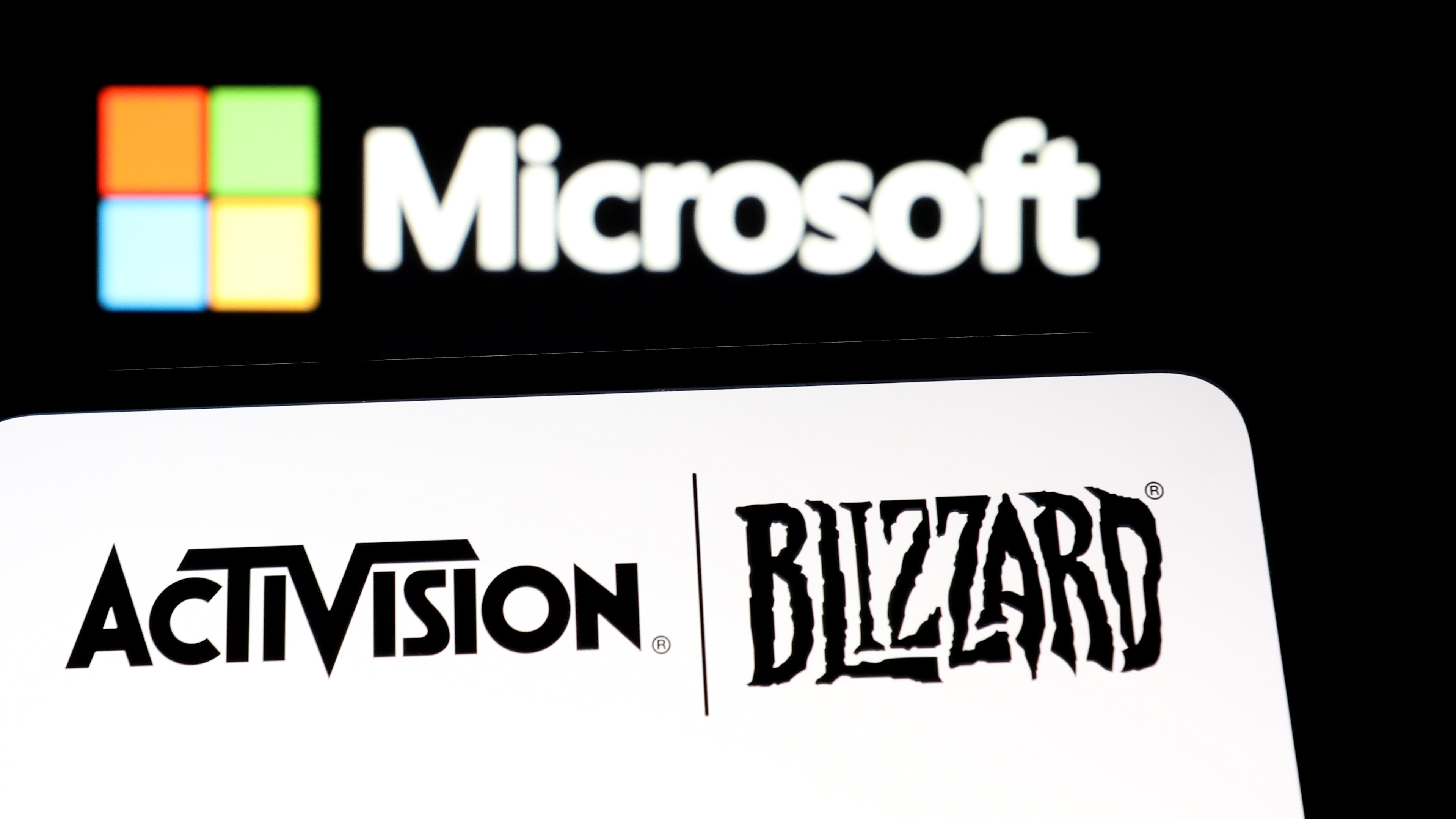
Table of Contents
The FTC's Case Against the Microsoft-Activision Merger
The FTC's primary concern centers around the potential for reduced competition and harm to consumers if the Microsoft-Activision deal proceeds.
Concerns Regarding Competition
The FTC argued that the merger would significantly reduce competition in the video game market. Their central argument revolved around the immensely popular Call of Duty franchise. The FTC feared that Microsoft, once in control of Activision, could leverage Call of Duty's popularity to gain an unfair advantage. This could include making Call of Duty exclusive to Xbox consoles or prioritizing its availability on Microsoft's Game Pass subscription service, effectively harming competitors like Sony PlayStation.
- Loss of consumer choice: Restricting Call of Duty access could limit consumer options and potentially lead to higher prices.
- Reduced innovation: A less competitive market could stifle innovation and slow down the development of new and better games.
- Anti-competitive practices: The FTC alleged that Microsoft's actions would represent anti-competitive behavior, violating antitrust laws.
The Role of Cloud Gaming
Beyond console gaming, the FTC also raised concerns regarding the impact on the burgeoning cloud gaming market. Microsoft is already a significant player in cloud gaming, and the acquisition of Activision's vast game library would significantly strengthen its position. The FTC expressed concerns that Microsoft could use its dominant cloud infrastructure to limit access for competitors, creating an uneven playing field.
- Market dominance: The merger could lead to Microsoft controlling a significant portion of the cloud gaming market.
- Predatory pricing: Microsoft could potentially leverage its position to engage in predatory pricing, undercutting competitors and driving them out of business.
- Reduced innovation in cloud gaming: Similar to console gaming, a less competitive cloud gaming market could stifle innovation and limit consumer benefits.
The Federal Judge's Ruling and the FTC's Appeal
The Initial Decision
In July 2023, a federal judge ruled against the FTC's attempt to block the merger, allowing the acquisition to proceed. The judge's decision highlighted the lack of convincing evidence demonstrating that the merger would substantially lessen competition in the video game market. The judge acknowledged the FTC's concerns but ultimately found them insufficient to justify blocking the deal.
- Key points in the judge's reasoning: The judge emphasized the availability of Call of Duty on multiple platforms and the strength of competition in the gaming market. Specific evidence cited included contractual agreements between Microsoft and other gaming companies.
- Microsoft’s commitments: The judge considered Microsoft's commitments to maintain Call of Duty on PlayStation and other platforms as a significant factor in the decision.
The FTC's Appeal
Despite the initial setback, the FTC filed an appeal, arguing that the judge's ruling was incorrect and that the merger would indeed harm competition. The appeal process will involve presenting additional evidence and legal arguments to a higher court.
- Specific points of contention the FTC are appealing: The FTC is likely to challenge the judge's assessment of the evidence regarding Call of Duty exclusivity and the impact on the cloud gaming market.
- Legal precedents cited: The FTC will likely rely on various legal precedents related to antitrust laws and mergers in the tech industry.
Potential Outcomes and Implications for the Gaming Industry
Scenarios Following the Appeal
Several scenarios could unfold following the FTC's appeal:
- FTC win: If the FTC wins the appeal, the merger would be blocked, significantly impacting Microsoft's and Activision's plans.
- Microsoft win: An affirmation of the lower court's decision would allow the merger to proceed, potentially reshaping the gaming landscape.
- Settlement: Microsoft and the FTC could reach a settlement, potentially involving concessions from Microsoft to address the FTC's concerns.
Each outcome carries vast implications for various stakeholders:
- Impact on game pricing: Depending on the outcome, the prices of Activision games could rise or remain stable.
- Console exclusivity: The exclusivity of key franchises like Call of Duty will be a significant factor, impacting consumer choice.
- Future mergers and acquisitions: The decision will set a precedent for future mergers and acquisitions in the gaming industry.
Long-Term Effects on Competition and Innovation
The Microsoft-Activision deal's outcome will significantly impact the gaming industry's competitive landscape.
- Increased barriers to entry for smaller developers: The potential for increased consolidation could make it harder for smaller developers to compete.
- Potential for reduced consumer choice: Less competition could potentially lead to fewer choices and potentially higher prices for consumers.
Conclusion
The FTC's appeal against the Microsoft-Activision deal is a landmark case with far-reaching implications. The outcome will not only determine the fate of this massive merger but also set a precedent for future mergers and acquisitions in the tech sector. This will directly affect the level of competition, innovation, and the overall gaming experience for consumers. Staying informed about the developments in this ongoing saga is crucial. Continue to follow the Microsoft-Activision deal for updates as this critical case unfolds.

Featured Posts
-
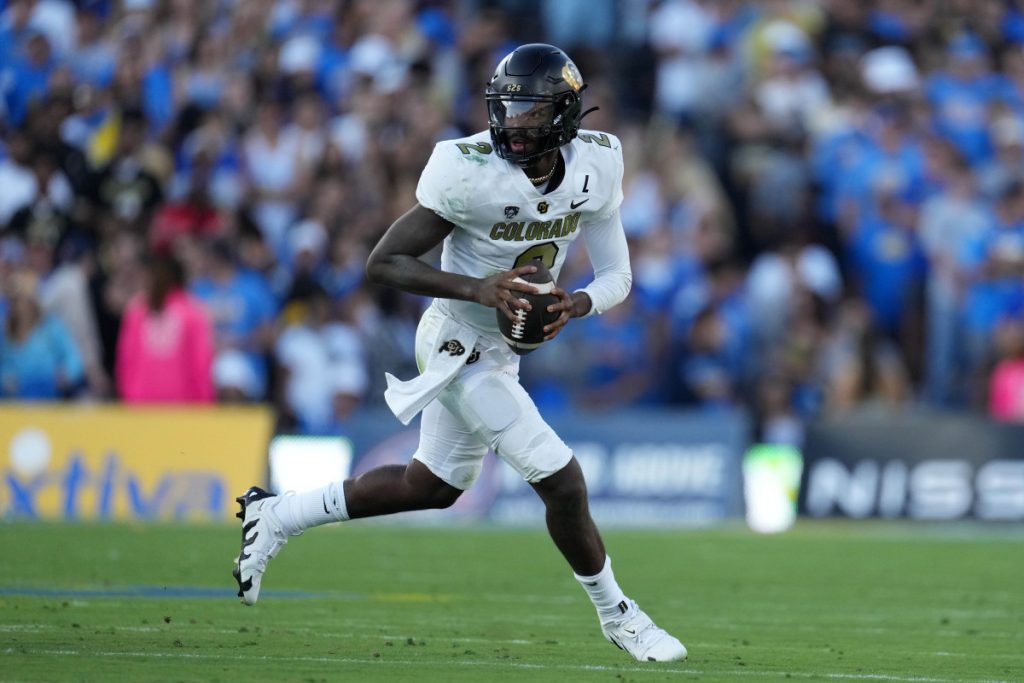 Shedeur Sanders Cleveland Browns Draft Pick 5th Round Selection
Apr 28, 2025
Shedeur Sanders Cleveland Browns Draft Pick 5th Round Selection
Apr 28, 2025 -
 Cassidy Hutchinsons Memoir Key Jan 6 Witness To Tell All This Fall
Apr 28, 2025
Cassidy Hutchinsons Memoir Key Jan 6 Witness To Tell All This Fall
Apr 28, 2025 -
 Harvard Scholars Deportation Case Awaiting Louisiana Judges Ruling
Apr 28, 2025
Harvard Scholars Deportation Case Awaiting Louisiana Judges Ruling
Apr 28, 2025 -
 Using Ai To Transform Repetitive Scatological Data Into A Poop Podcast
Apr 28, 2025
Using Ai To Transform Repetitive Scatological Data Into A Poop Podcast
Apr 28, 2025 -
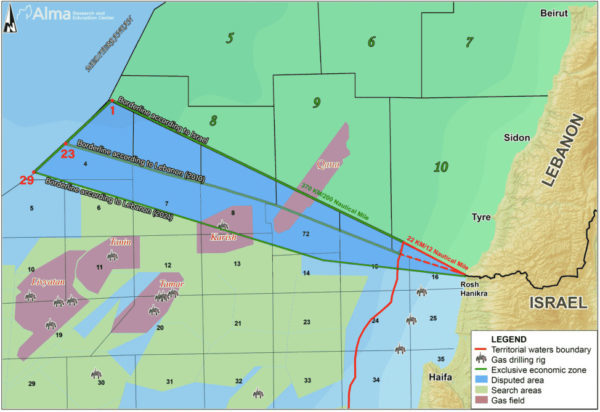 Iran Nuclear Deal Latest Talks Conclude Without Breakthrough
Apr 28, 2025
Iran Nuclear Deal Latest Talks Conclude Without Breakthrough
Apr 28, 2025
Latest Posts
-
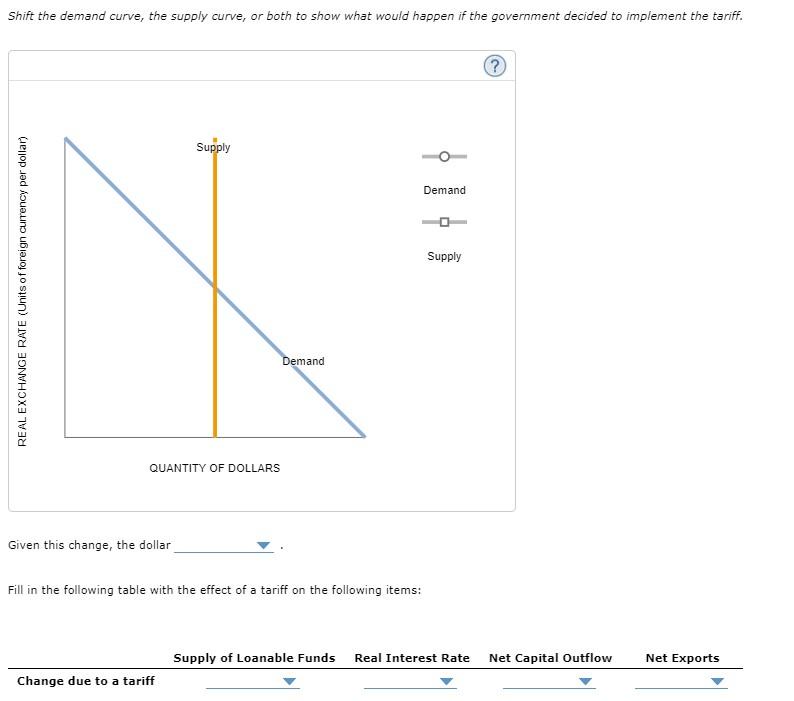 Analyzing The U S Dollar A Potential Repeat Of Nixon Era Volatility
Apr 28, 2025
Analyzing The U S Dollar A Potential Repeat Of Nixon Era Volatility
Apr 28, 2025 -
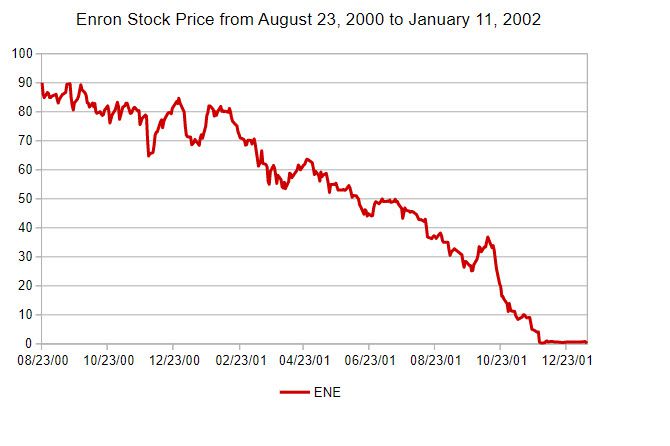 U S Dollar Performance Under Scrutiny A Comparison To Nixons Presidency
Apr 28, 2025
U S Dollar Performance Under Scrutiny A Comparison To Nixons Presidency
Apr 28, 2025 -
 U S Dollars Weak Start Worst 100 Days Since Nixon
Apr 28, 2025
U S Dollars Weak Start Worst 100 Days Since Nixon
Apr 28, 2025 -
 Yukon Legislature Mine Managers Silence Sparks Contempt Threat From Politicians
Apr 28, 2025
Yukon Legislature Mine Managers Silence Sparks Contempt Threat From Politicians
Apr 28, 2025 -
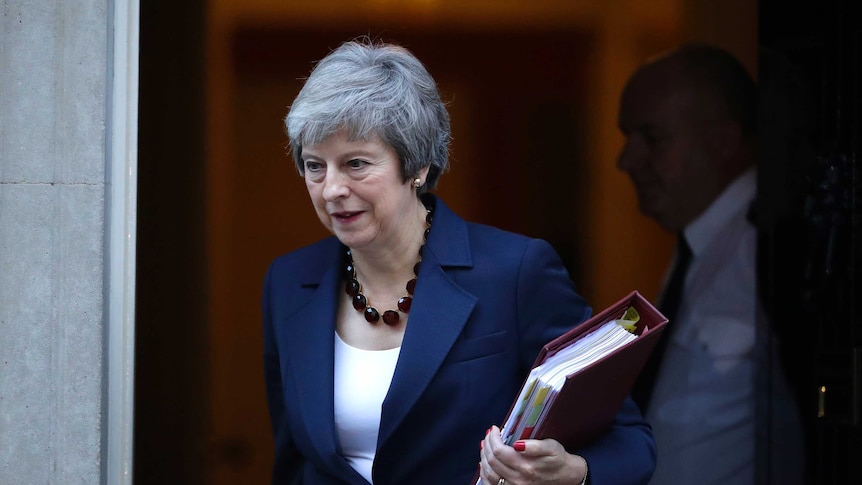 Contempt Of Parliament Looms Yukon Mine Manager Defies Politicians Inquiry
Apr 28, 2025
Contempt Of Parliament Looms Yukon Mine Manager Defies Politicians Inquiry
Apr 28, 2025
